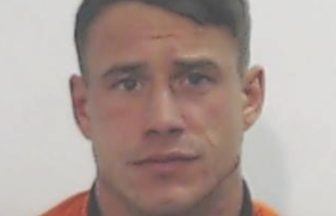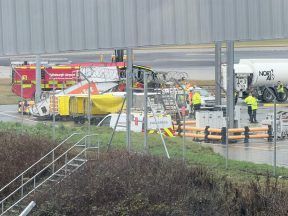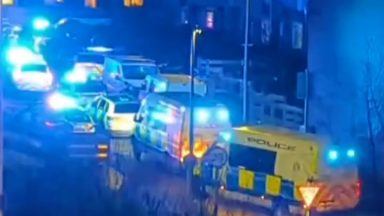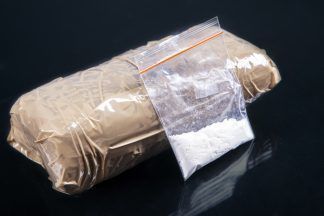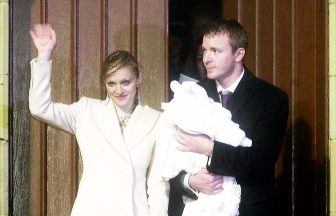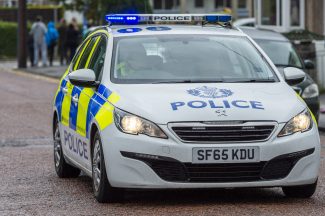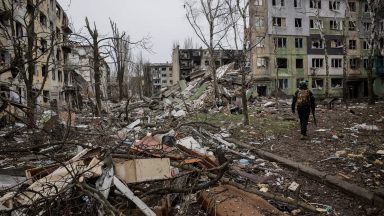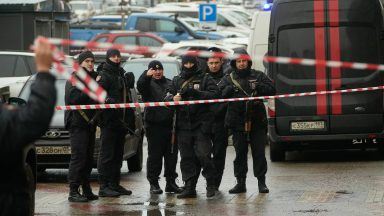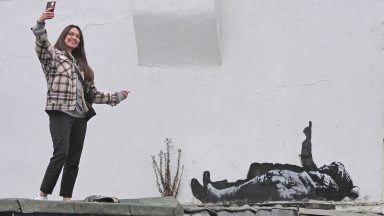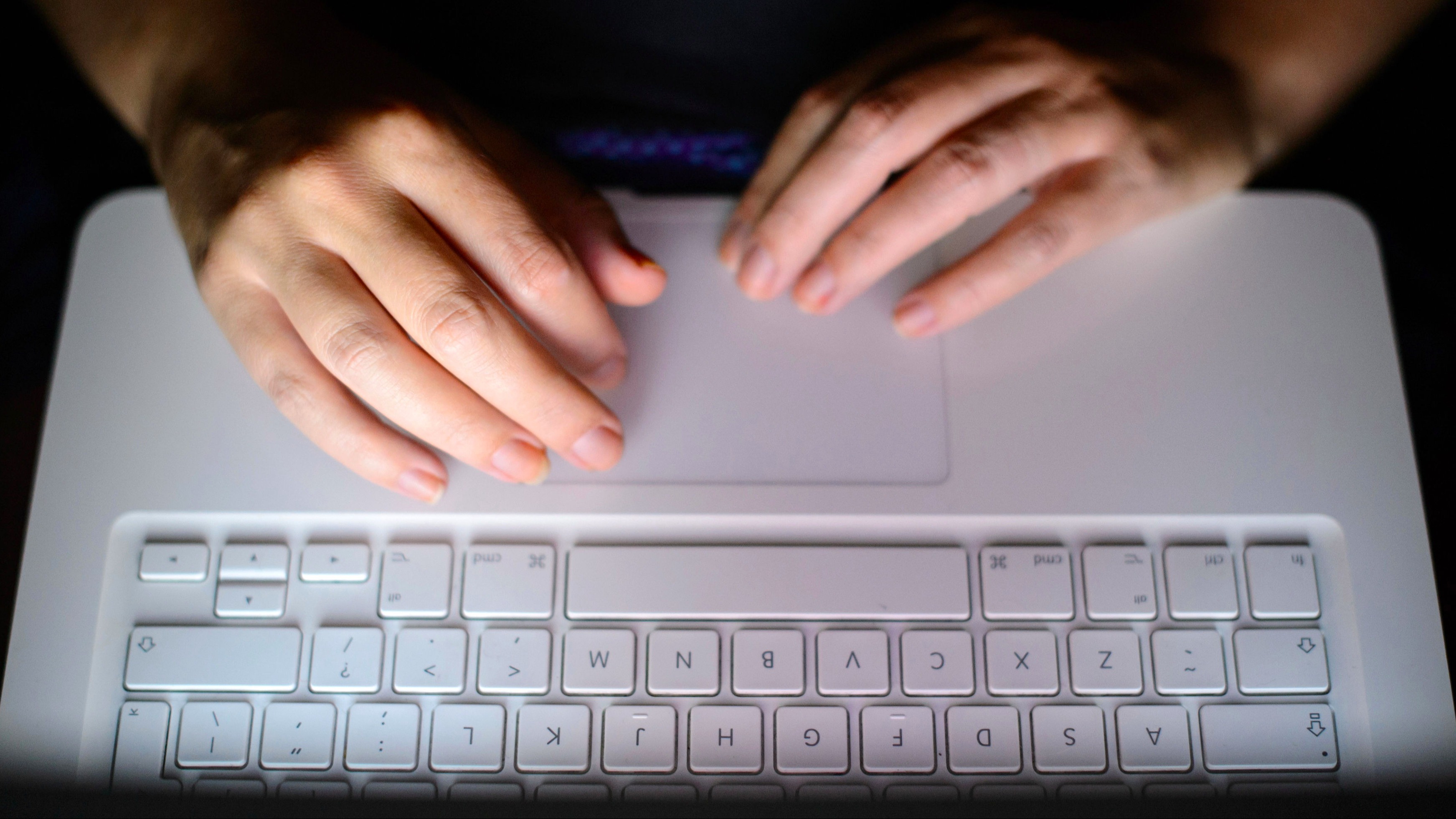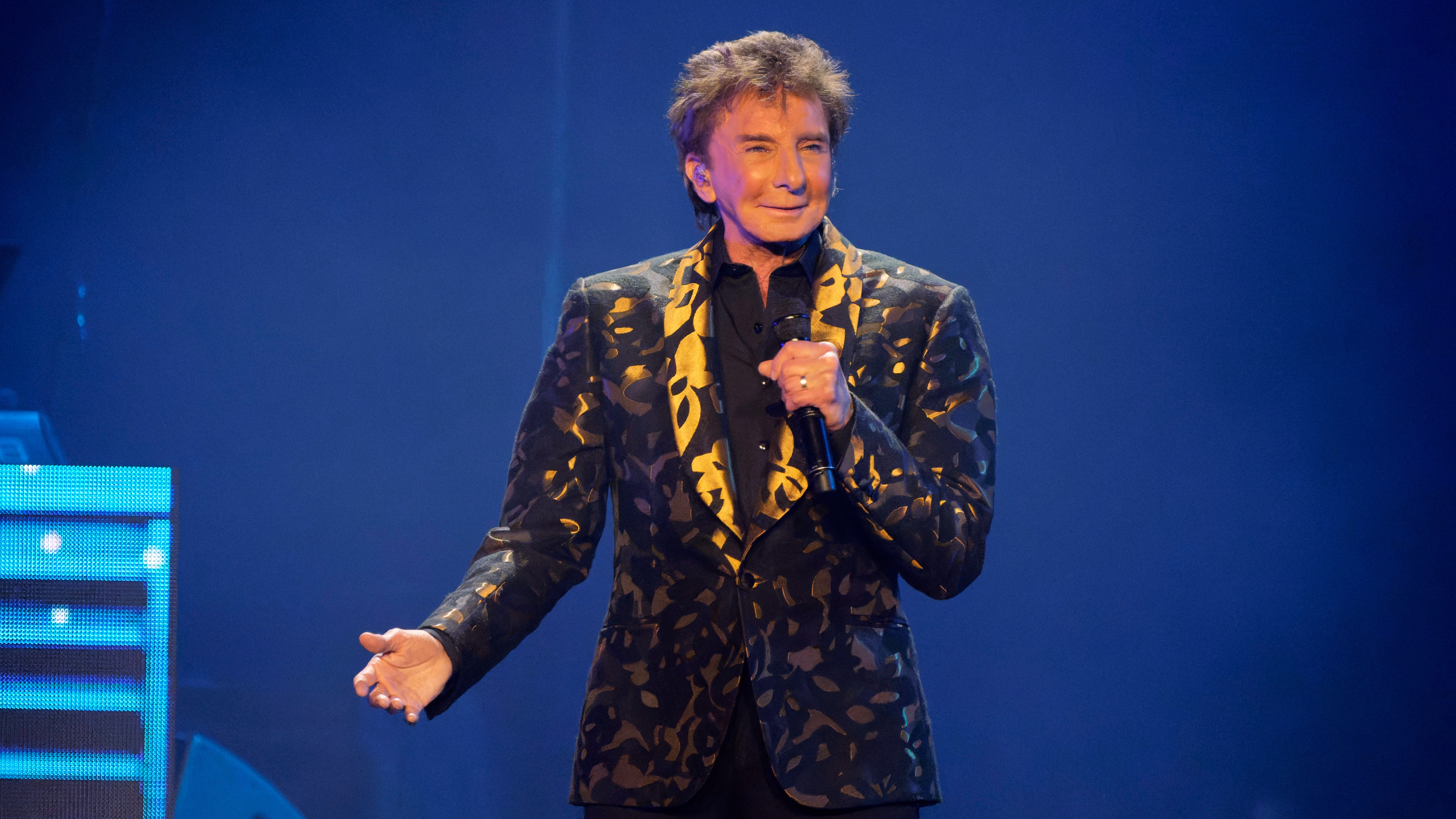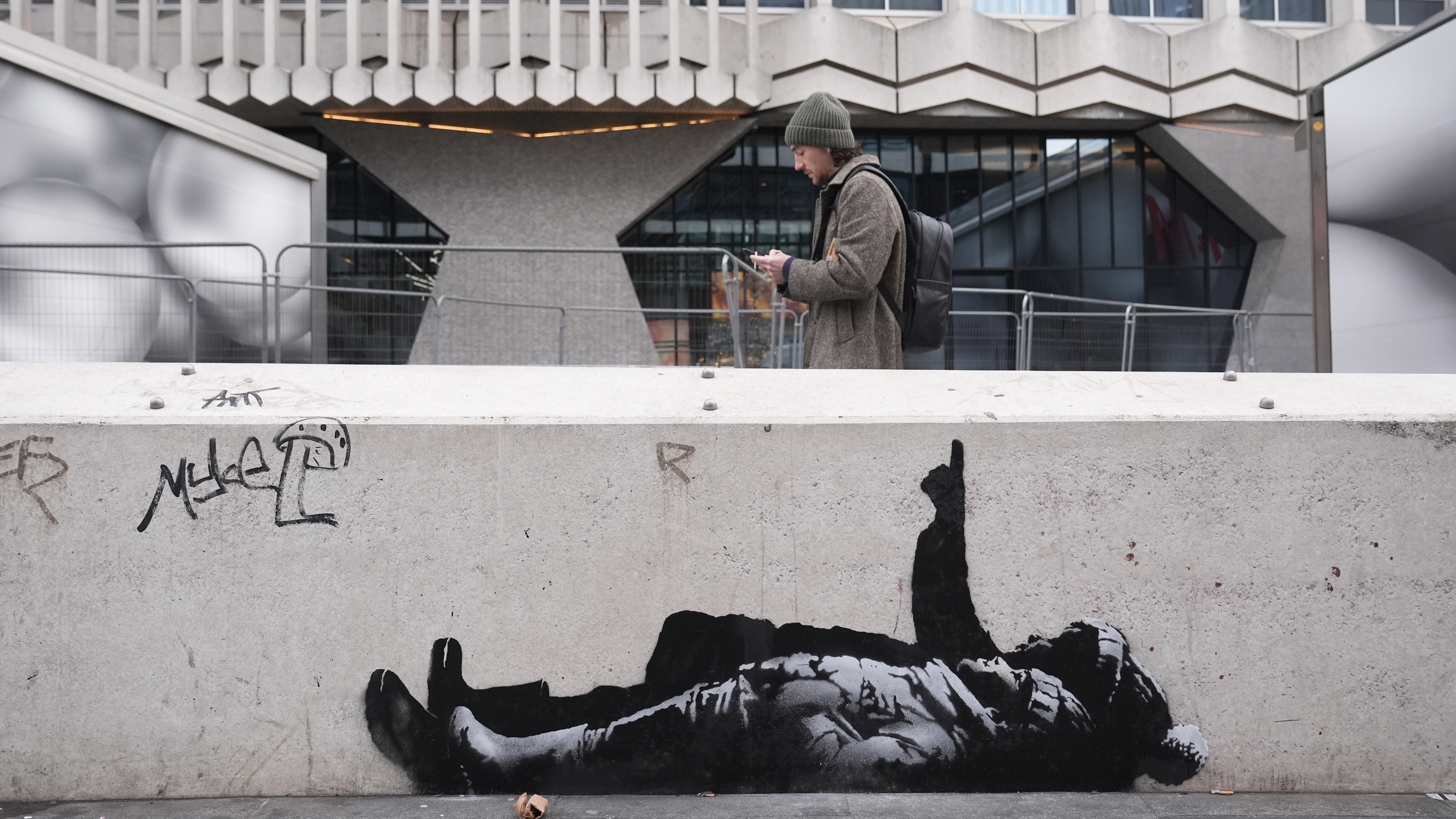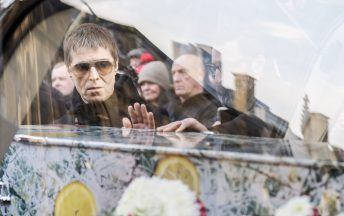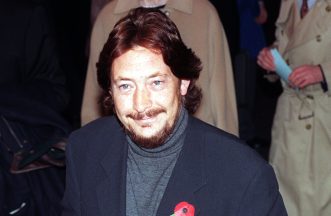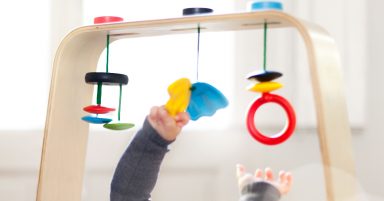Words by ITV News Producer Georgia Ziebart
Six people have been killed and hundreds injured in New Caledonia – the French Pacific territory that has been gripped by days of deadly armed clashes, looting, and arson.
On Thursday, French President Emmanuel Macron met with local officials in New Caledonia in a show of support.
President Macron opened the meeting by calling for a minute’s silence for those killed in shootings, and read out their names.
He said he viewed a return to calm as the top priority and pledged that reinforced police forces battling deadly unrest on the French Pacific archipelago “will stay as long as necessary.”
“I will be very clear here. These forces will remain as long as necessary. Even during the Olympic Games and Paralympics,” which open in Paris on Friday July 26, the French president said.
Pro-independence Kanak leaders, who a week earlier had declined President Macron’s offer of talks by video, turned out on Thursday to greet him in person, at a meeting in the capital, Nouméa.

Where is New Caledonia?
New Caledonia is a group of islands in the south-west Pacific Ocean, lying between Australia and New Zealand, with a population of 270,000 people.
It has been a French colony since the mid-1800s, and became a French overseas territory in 1946.
The islands have experienced decades of tension between the indigenous Kanaks – who have long sought independence – and the descendants of French colonisers, who wish New Caledonia to remain a part of France.
Perhaps most demonstrative of this was a period of violent uprisings in the 1980s, known as “the events”, in which dozens of people died.
It was the biggest threat to French rule in the islands’ history, quelled by a series of agreements outlining a path to gradual autonomy for the Kanaks.
But it wasn’t until 2018 that the first independence referendum was held on the islands. Three referendums have now been held, with the anti-independence side winning out each time.
Still, pro-independence leaders have called for another vote, arguing that the third referendum should have been delayed.
Many Kanaks were prohibited from voting in the 2021 vote by mourning customs, following a coronavirus outbreak that devastated communities there.

Why is it important to France?
The calculus in France has changed in recent years, as the south-pacific region takes up a more consequential space on the world stage.
As jostling between the US and China for influence in the region intensifies, French officials fear that China could gain sway in an independent New Caledonia – just as it has sought to do in the Solomon Islands.
New Caledonia is also one of the world’s biggest nickel producers, holding between 20-30% of the world’s reserves.
President Macron visited the islands last July to emphasise his vision for the French-Pacific outpost.
“New Caledonia is French because it has chosen to remain French,” Mr Macron told the crowd. “No going back. No stuttering.”

What has sparked the recent violence?
The latest period of unrest erupted on May 13, when French lawmakers in Paris debated making changes to New Caledonian voting lists.
The French National Assembly approved a bill that would, among other changes, allow residents who have lived in New Caledonia for 10 years or more to cast ballots in provincial elections.
Opponents say the measure will benefit pro-France politicians, and further marginalise the Kanaks by diluting their political influence.
Under prior accords, voting in provincial elections was restricted to those who had resided in New Caledonia since before 1998, and their descendants.
The measure was aimed at giving greater representation to the Kanaks who had, at that point, become a minority group on the islands.
On Wednesday, Paris declared a 12-day minimum state of emergency on the islands, and rushed in over 1,000 reinforcements to bolster security forces that had lost control of parts of the capital, Noumea.

At least six people have been killed, including two police officers.
Parts of the city have become no-go zones, with buildings torched, shops pillages, and makeshift barricades set up.
“The protests reveal the determination of our young people to no longer let France rule them,” said Daniel Goa, the president of the pro-independence Caledonian Union party, although he called for a stop to the violence.
What happens next?
With police given emergency powers and a 6pm to 6am curfew in effect, French authorities say security forces are starting to contain the unrest.
A priority for French authorities has been clearing the highway to the international airport, in order to allow stranded tourists to leave.
Australia and New Zealand sent planes to New Caledonia on Tuesday to begin bringing citizens home. Some 300 Australians and 50 New Zealanders are currently stranded

President Macron’s visit will aim to subdue tensions. He will travel to the islands on Tuesday evening, but no details have been given regarding the length of his stay.
“Faced with the outbreak of violence, the priority is the return of order to allow dialogue to resume,” said a French government spokesperson.
“We are clear: much remains to be done before the return to normal. The government is fully mobilised.”
Local authorities have also called for calm, with the High Commissioner of the Republic, Louis Le Franc, warning the territory is “heading straight for a civil war”.
French Prime Minister Gabriel Attal said re-establishing order was necessary for further dialogue to begin.
But pro-independence parties say they want the French government to withdraw the reforms before they restart talks.
Mr Macron said he was open to reaching a negotiated settlement, but that a new agreement must be reached by June, or else he would sign it into law regardless.
Follow STV News on WhatsApp
Scan the QR code on your mobile device for all the latest news from around the country





